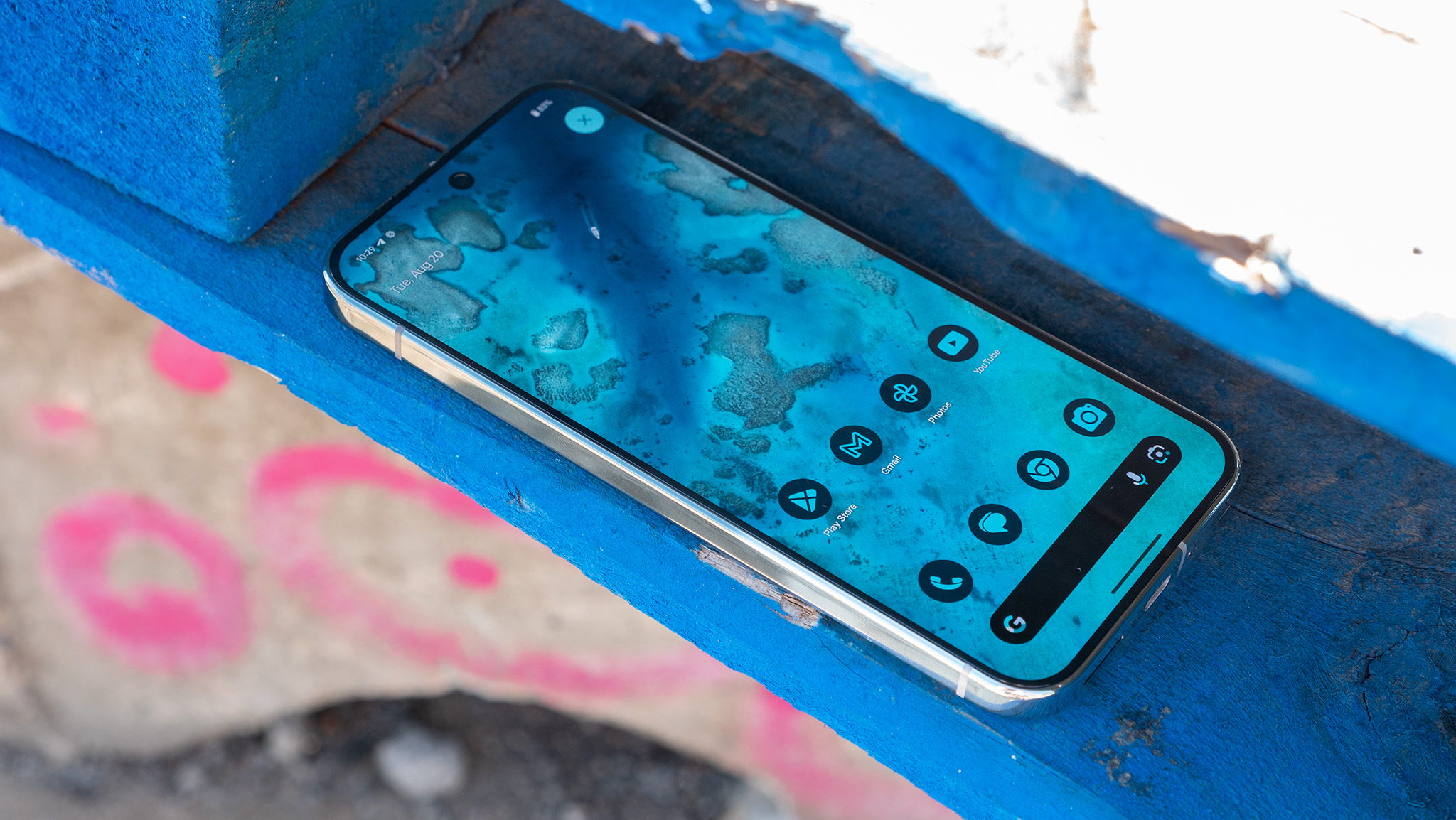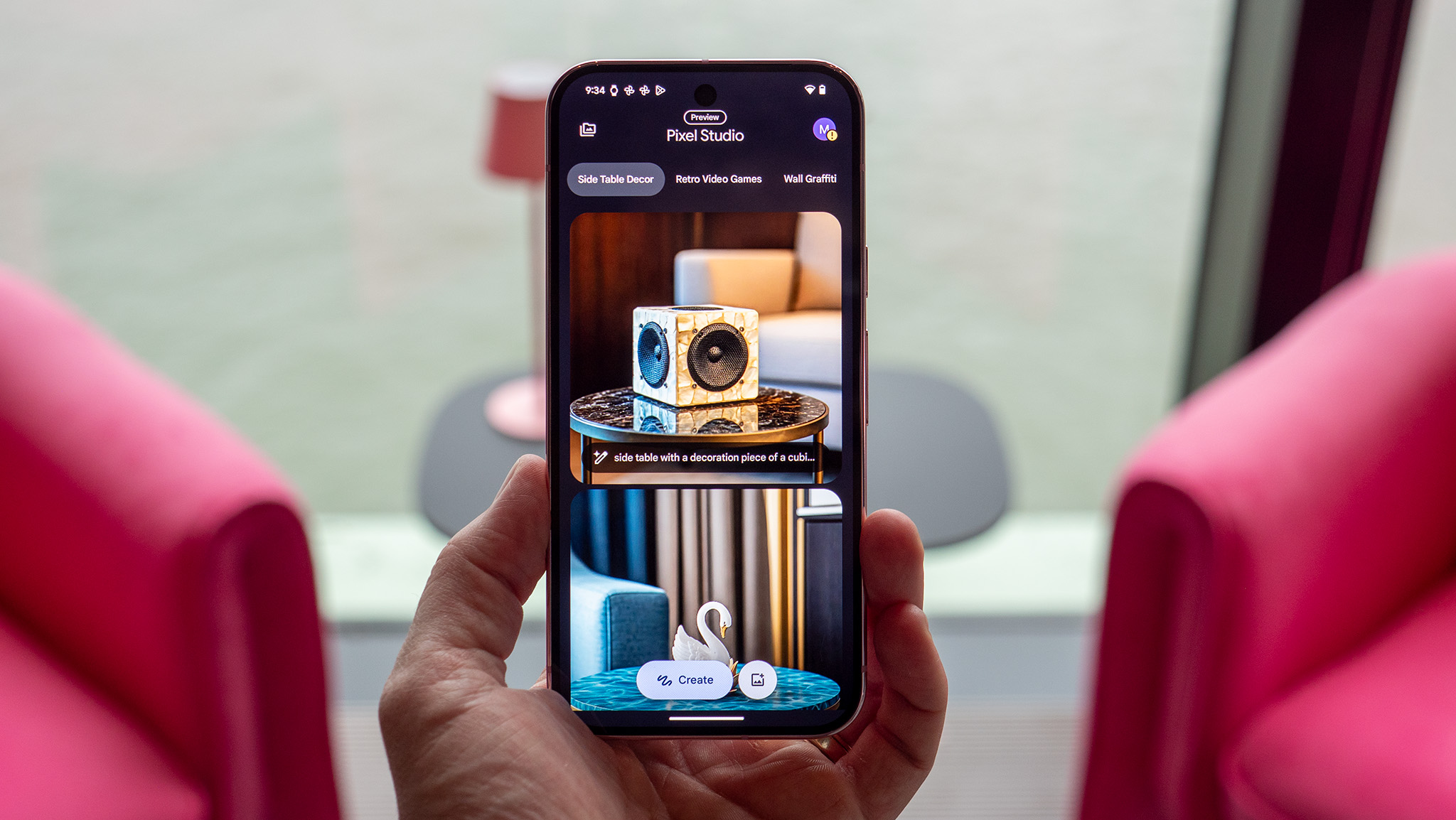
What you need to know
- Users have started reporting experiencing problems with their Pixel 9 series device when rooting/unlocking its bootloader.
- Many of Google's new AI features for the Pixel 9 stop working when one of these methods is applied to the device.
- It's not clear why this is happening, though it's unfortunate, considering unlocking the bootloader and rooting a device can help solve problems users may have.
Attempting any sort of deeper customization on your Pixel 9 might result in some faulty or non-functioning features.
A few users on the XDA forums started a thread to mention that the Pixel 9's AI features break with an unlocked bootloader (via Android Authority). The original poster states that Pixel Screenshots stopped working on their Pixel 9 Pro/Pro XL when using a bootloader. Instead, their device displays a persistent "downloading model" message.
The user managed to get it to work, though they had to "disable on-device AI." Pixel Weather's AI reports suffer when using an unlocked bootloader, similar to Call Notes on the latest series.
Regarding Pixel Studio, the user states it initially displayed a "something went wrong" banner with an unlocked bootloader. However, a follow-up edit states that it can work, but it requires users to either "not spoof the device fingerprint with PIF or you're spoofing to an A15 Beta print for any of the Pixel 9 family devices."
One user with an unlocked and rooted Pixel 8 Pro reportedly got Pixel Studio to work, but it didn't last long, as it soon stopped functioning.
It seems certain that unlocking the Pixel 9's bootloader causes many of the recently described features to fail. It seems that users' best bet is to lock and unroot their device if they're experiencing problems with its AI features.
Android Central has reached out to Google about these issues with an unlocked bootloader/rooting. We will update this article when we hear back.

Rooting a device has been known to hinder certain services (like streaming), but some good comes from doing it. Users sensitive to the flickering of a display, also known as PWM dimming, are a prime example. Naturally, the Pixel 8 features a low 240HZ flicker rate, which can cause nausea, headaches, and other adverse feelings to some users. However, rooting the device and installing a custom ROM can let a (very intuitive) person rewrite the code to alter this frequency. Android Central's Nicholas Sutrich received some help and boosted the PWM rate to 4800Hz, ridding himself of those terrible feelings.
The specific reasoning behind these bootloader/rooting issues on the Pixel 9 isn't clear, leaving users wondering if there's a bug Google needs to squash. Moreover, the ability, or lack thereof, to root/unlock the device's bootloader seems to turn off many in the thread.

.jpg?w=600)





